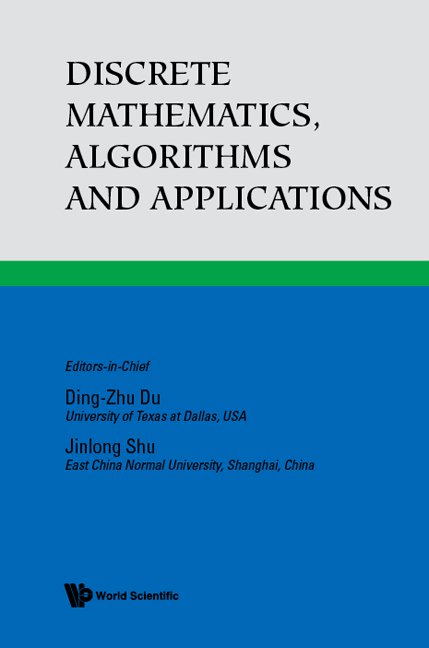Keynote Speakers
Ling Liu (Georgia Institute of Technology, USA)
Title: Algorithmic Aspects of Federated Learning
Abstract: We have witnessed two existing trends of computing: one is the rapid advances in AI technology fueled by recent generative AI and Large Language Models (LLMs), and the other is the new world of device-edge-cloud computing continuum. These two emerging trends are urging the synergistic alliances of AI and cyber-security in both research and development of next generation of AI-powered device-edge-cloud computing systems. In this keynote, I will first discuss privacy and security vulnerabilities in federated learning. Then I will describe the algorithmic aspects of developing responsible AI methods against data and model trojan attacks and privacy leakage risks. The keynote will conclude with an outlook of algorithmic challenges in the rapid growth of generative AI and LLMs.
Bio: Ling Liu is a full Professor in the School of Computer Science at Georgia Institute of Technology. She directs the research programs in the Distributed Data Intensive Systems Lab (DiSL), examining various aspects of big data-powered artificial intelligence (AI) systems, and machine learning (ML) algorithms and analytics, including performance, availability, privacy, security, and trust. Prof. Liu is an elected IEEE Fellow, a recipient of IEEE Computer Society Technical Achievement Award (2012), and a recipient of the best paper award from numerous top venues, including IEEE ICDCS, WWW, ACM/IEEE CCGrid, IEEE Cloud, IEEE ICWS. Currently, Prof. Liu is the editor in chief of ACM Transactions on Internet Computing (since 2019) and the chair of IEEE CS Fellow Evaluation Committee (FY2024). Prof. Liu is a frequent keynote speaker in top-tier venues in Big Data systems, AI/ML systems and applications, Cloud Computing, Services Computing, Privacy, Security and Trust. Her current research is primarily supported by USA National Science Foundation under CISE programs, CISCO and IBM.
Zhao Zhang (Zhejiang Normal University, China)
Title:Approximation Algorithm for Unrooted Prize-Collecting Forest with Multiple Components and Its Application on Sweep Cover
Abstract: In this talk, I will introduce our work on a polynomial-time 2-approximation algorithm for the Unrooted Prize-Collecting Forest with K Components (URPCFK ) problem, which aims to find a forest with exactly K connected components while minimizing the sum of the forest's weight and the penalties incurred by unspanned vertices. In particular, for K=1, the URPCF1 problem is exactly the prize-collecting Steiner tree (PCST) problem, which has received extensive studies. Unlike the PCST problem, whose unrooted version can be solved by transforming it into an unrooted version by guessing the root, the unrooted PCFK problem cannot be readily solved using its rooted analogue, because guessing its roots may lead to exponential time complexity for non-constant K. To address this challenge, we propose a rootless growing and rootless pruning algorithm. We also apply this algorithm to improve the approximation ratio for the Prize-Collecting Min-Sensor Sweep Cover problem (PCMinSSC) from 8 to 5.
Bio: Zhang Zhao is a Distinguished Professor at Zhejiang Normal University. Her primary research focuses on the design and analysis of combinatorial optimization algorithms. She has led and completed four projects funded by NSFC (including the Fund for Excellent Young Scholars) and four projects funded by the Ministry of Education (including the New Century Excellent Talents Support Program). She has also won the First Prize in Scientific and Technological Progress of Xinjiang. Professor Zhang is a member of the 8th Mathematics Subject Evaluation Group of the Academic Degrees Committee of the State Council, an executive director of the Operations Research Society of China, an associate editor of Journal of Combinatorial Optimization, etc.







